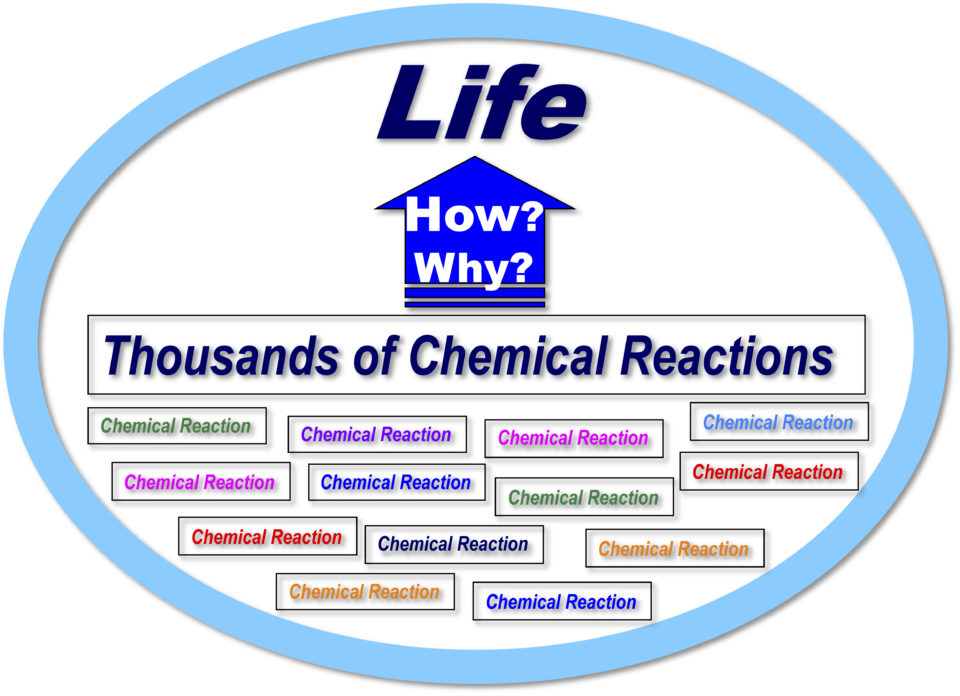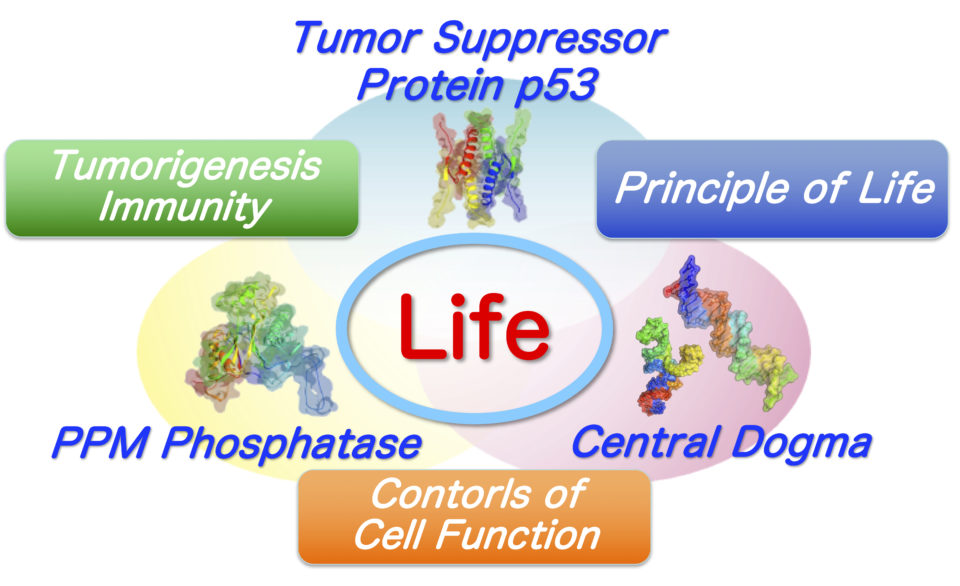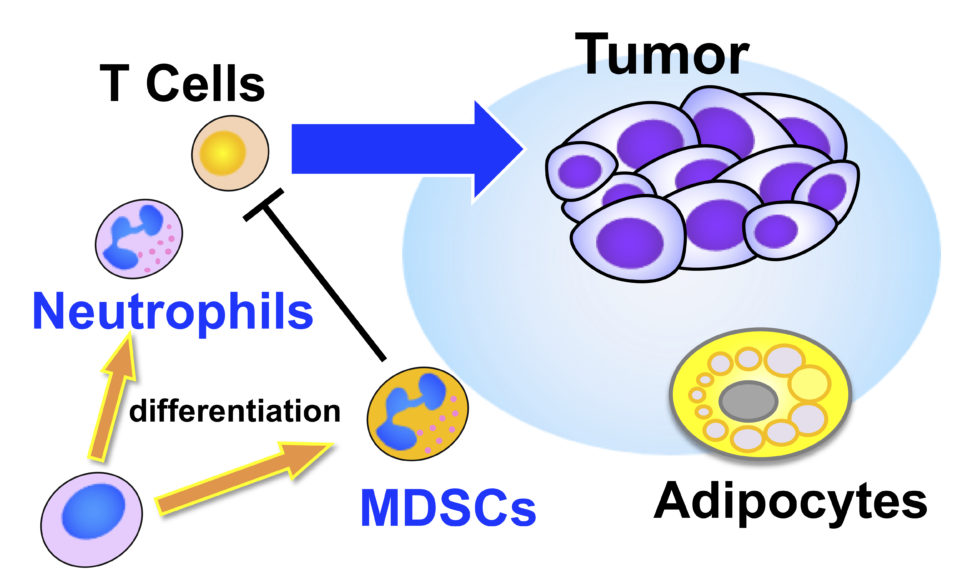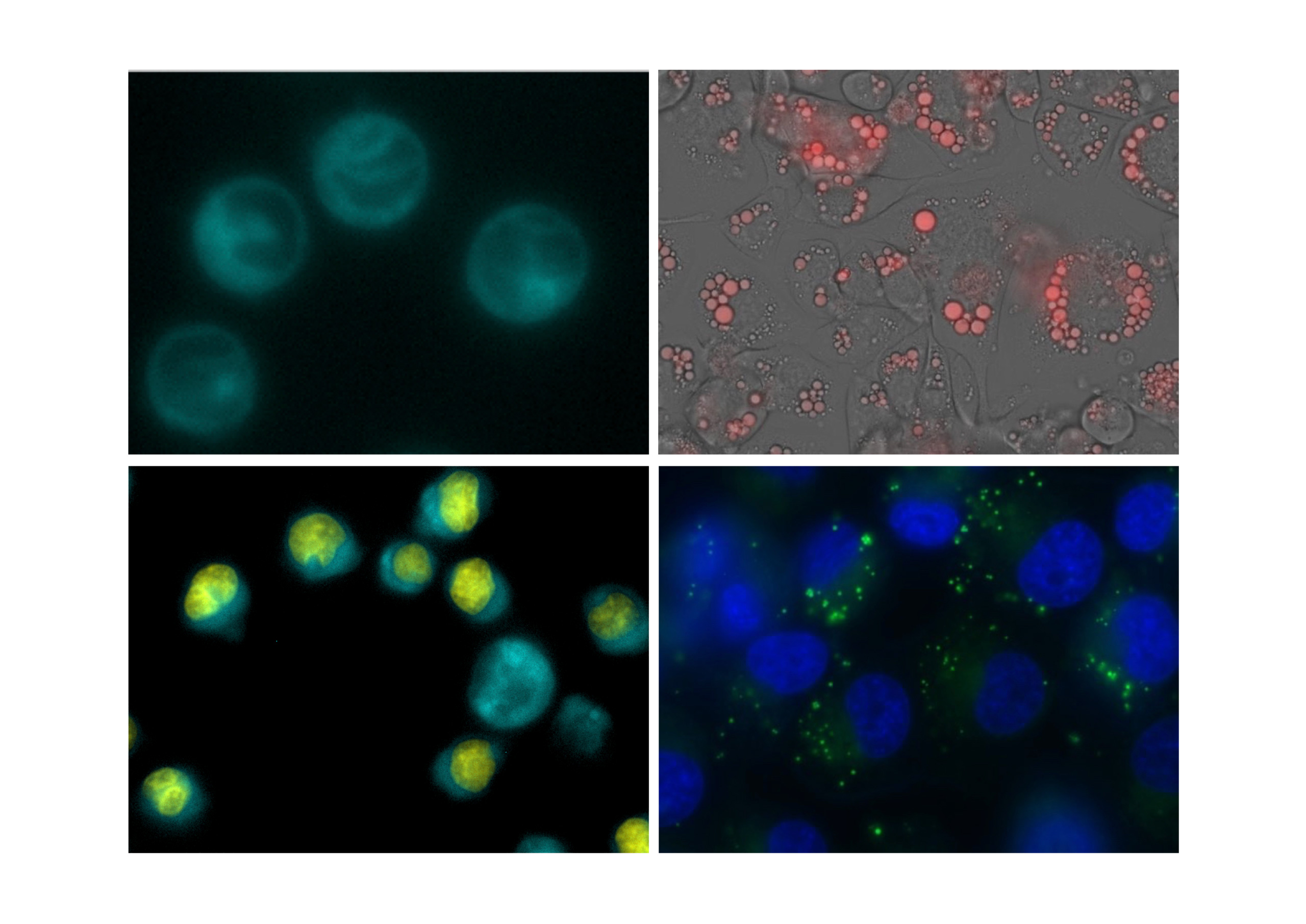Introduction of Research

Mechanism of “Tumor suppressor protein p53” response to various cellular stresses
The tumor suppressor protein p53 plays a central role in protecting the genomic homeostasis of cells, tissues, and individuals against various cell crisis stresses including DNA damage. p53 forms a homotetramer and the tetramer formation is essential for p53 function including tumor suppressor function.
In our laboratory, we are elucidating the novel functions and pathway of p53 against cellular crisis stresses, such as starvation. Through these study, we aim to develop new cancer treatment methods. In addition, we are trying to understand the correlation between stability change of tetramerization domain and transcriptional activity during the evolution of p53, hetero-oligomer formation with other families, and mechanism of multimerization control by post-translational modifications.

Function and signaling pathway of PPM phosphatase family and Development of specific inhibitors for them
Protein phosphorylation-dephosphorylation plays a central role in the control of signal transduction in vivo. Dysfunction in the stress-responsive PPM phosphatase have been reported to be associated with various diseases including cancer. In particular, abnormalities in p53-induced phosphatase PPM1D have been reported in many cancers. In our laboratory we are developing new potent and specific PPM1D inhibitors. Since our PPM1D inhibitor acts effectively in vitro and in vivo, they are attractive lead compounds for anticancer agents targeting PPM1D and also very powerful molecular tools for functional study of PPM1D. Furthermore, we are developing a new method to identify specific substrates for the PPM family, and searching for new functional regulators for PPM family.
Innate immunity and cancer: Regulation of innate immune cell differentiation and immune response to cancer
In our laboratory, we are interested in understanding the mechanism that regulate myeloid-derived suppressor cells (MDSCs) in cancer immunology. Polymorphonuclear MDSCs (PMN-MDSCs), a subset of neutrophils that are activated in the cancer patients, have received a great attention. We are focuses on a role of Ser/Thr phosphatase PPM1D in innate immune cell differentiation and immune responses to cancer. Our group also study the adipocyte differentiation and maturation. Our studies provide important information toward the development of novel cancer immunotherapeutic approaches.


Introduction of laboratory
“How and why the accumulation of chemical reactions creates life” is one of the most important propositions in life science. We, Laboratory of Biological Chemistry, are pushing forward with research with this elucidation as the ultimate goal. On the basis of “Understanding life from the viewpoint of chemistry”, we are elucidating the structure, novel function and its control mechanism at the molecular level of life phenomena important for medicine such as tumorigenesis and immunity. For these studies, we use wide variety of methods, such as biochemistry, molecular biology, cell biology, biophysics, and bioinformatics and so on.
Laboratory of Biological Chemistry offers a variety of programs to improve students’ ability for research, proposing project, and presentation. We also encourage students to become more international.
